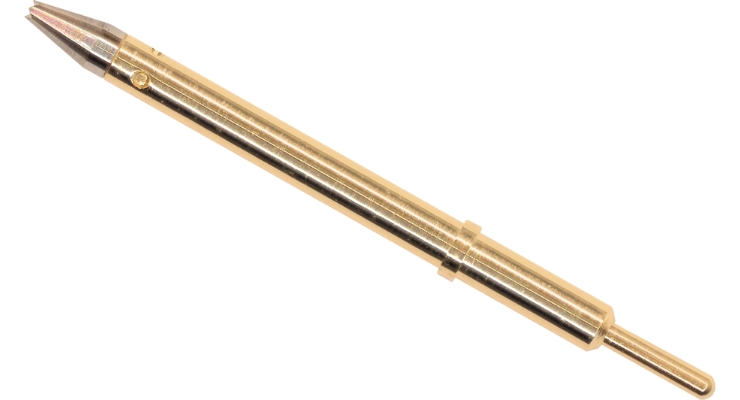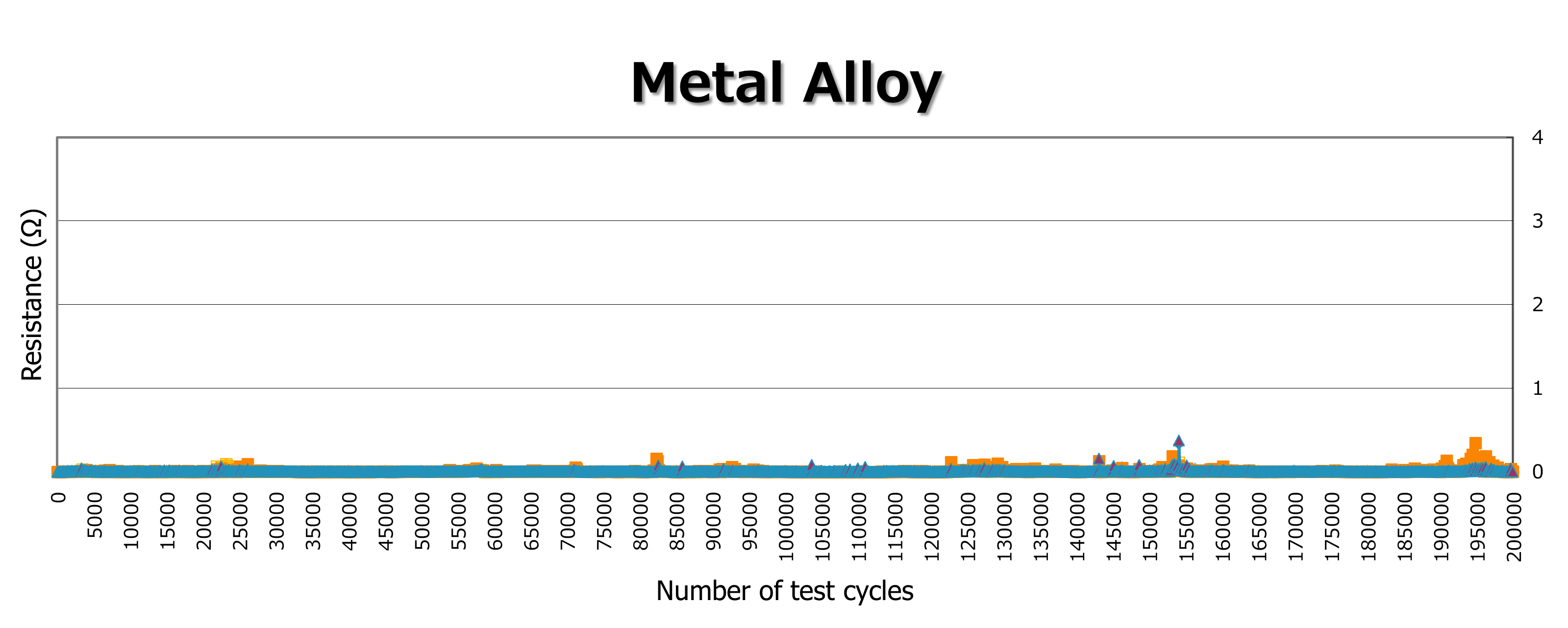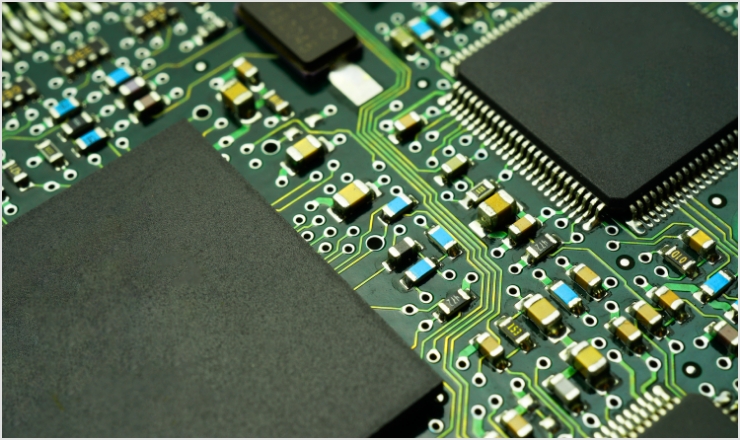ProductsLead-Free Solder-Compatible Technology

Advanced Contact Probe Solutions for Eco-Compliant Testing
As environmental regulations such as RoHS become more strict, the need for reliable testing of lead-free soldered components continues to grow. Traditionally, increasing the thickness of gold plating was used to improve contact performance with lead-free solder. However, this approach failed to address fundamental issues—particularly the deterioration of performance due to plating wear over time or after repeated cleaning. At Seiken, we’ve taken a different approach. By adopting a new alloy with excellent contact properties, we eliminate the need for surface plating altogether. This solid alloy resists wear even after cleaning, ensuring consistently stable contact and long-term performance. The result is highly accurate, reliable testing for lead-free soldered electrodes in semiconductors and electronic components—while fully complying with environmental standards like RoHS.

Key Features & Advantages
01 Alloy materials improve wear resistance
Our alloy offers equal or greater hardness than conventional BeCu, even in ultra-small probe sizes such as P=130µm. This means stable manufacturing and exceptional wear resistance, even during long-term use.
02 Improved inspection accuracy through stable contact resistance
Thanks to the alloy’s resistance to solder residue buildup, our probes maintain stable contact resistance, leading to improved test precision over time.


03 Environmentally compliant and ideal for lead-free solder testing
Unlike traditional probes that rely on surface treatments, our solid alloy tips maintain excellent contact performance inherently. These probes are ideal for testing lead-free solder joints, such as those using Sn-Ag-Cu alloys, and are fully compatible with global environmental regulations including RoHS.
Application Examples
Explore more
- Solder bump inspection
- QFN testing, etc.
